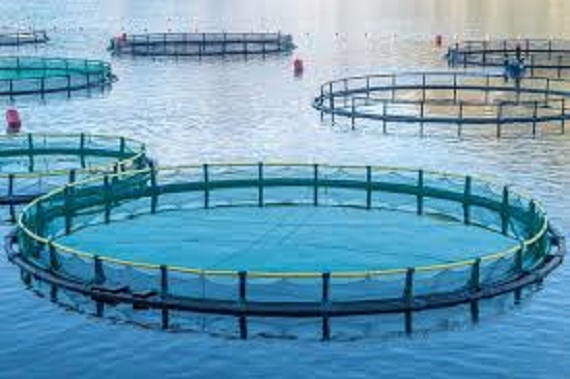Sri Lanka ’s much hyped offshore fish farming initiative by promoting the establishment of fish farms is now in deep waters due to land clearance issues and high cost of production.
A sum of Rs. 500 million had been provided by National Aquaculture Development Authority to establish aquaculture industrial park in the regions of Mannar, Hambantota and Batticaloa.
Of this money, a sum of Rs. 68.16 million had been spent as at the end of the year under review.
However this project could not be implemented due to the failure to get clearance of proposed land situated in those regions, an inspection of the Auditor General’s Department discovered.
National Aquaculture Development Authority has also provided Rs. 100 million to establish Crab cities at fisher divisions in Galmulla, Rakawa and Mankerni coastline.
Though the construction activities had been commenced by spending Rs. 23.31 million for Rakawa project, the construction activities had not been commenced due to delay in obtaining environment license even a sum of Rs. 8.59 million had been spent for other 02 projects, the audit inspection exposed.
Sri Lankan private sector involvement in offshore fish farming has been limited due to the high cost of production and the high cost of commercial feed.
Under this set up, the Ministry of Primary Industries has made a timely intervention by providing a series of financial and infrastructure incentives to promote fish farms among large and medium scale players in the fisheries sector.
Having established two Fisheries Mega Zones in Ampara and Killinochci areas in the Eastern and Northern Sri Lanka , the government of Sri Lanka seeks to increase the country’s stakes in the global seafood market, through farming of high-value species to increase the present foreign revenue of USD 240.65 million.
Once limited to crab, shrimp, oyster, and lobster farming, offshore fish farming methods are now being extended to other species like Asian Sea Bass or Barramundi. Finfish, crab and sea cucumber; five seafood varieties with high global demand and depleting stocks in the wild.
(LI)

